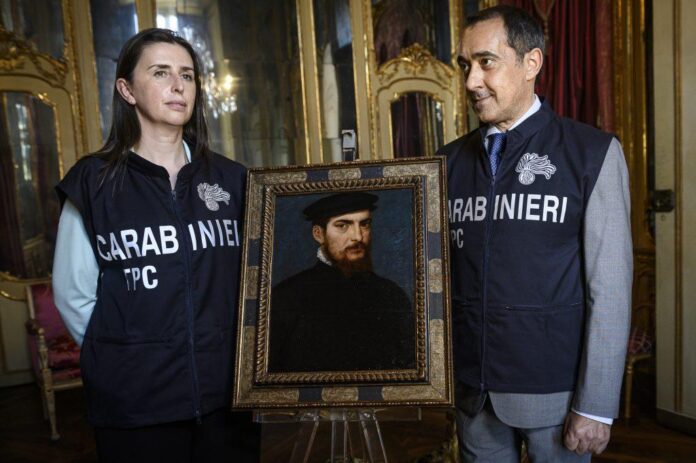A new report commissioned by Arts Council England and compleyted by the Institute of Art and Law seeks to provide museums in the U.K. with guidance on how to deal with a hot-button topic: restitution and repatriations claims.
The 33-page report seeks to help museum leaders “take proactive action in a spirit of transparency, collaboration, and fairness,” according to the introduction.
The report replaces previous guidance on the topic, now more than two decades old, that was issued by the now-defunct Museums and Galleries Commission in 2000. (However, it does not replace existing guidance for dealing with Nazi-spoliation claims.)
Although the report is aimed primarily at U.K. museums, the authors say the principles can potentially be applicable for museums around the world.
In a chart published in the document, the authors, who do not define restitution or repatriation on strictly legal bases, ask museum leaders to consider whether the restitution claims are being made on legal grounds.
If so, they urge institutions to seek legal advice, but also to keep in mind four ethical considerations: how significant the object is to the claimant; how the artwork came from its original home and into the museum’s collection; how the museum has cared for and presented the work; and who exactly is raising the claim.

Source: ‘Restitution and Repatriation: A Practical Guide For Museums in England,” published by Arts Council England, on August 5. 2022
While cases regarding repatriation may be complex, the authors say, “they often present rich opportunities for enhancing understanding for all involved” by allowing the full histories of certain objects to come to light.
Throughout, the authors stress that there is no single uniform process to follow in all cases, owing to the fact that objects in museums have been acquired at different times and under different circumstances “by institutions with differing structures, sizes, priorities, and collection types.”
But the goal, they write, is to prevent a “defensive and adversarial” response. The report also frames restitution claims as an opportunity for dialogue and deeper understanding among the involved parties.
Supplemental information includes lists of international and national legal instruments that can be employed in some cases.
The Institute of Art and Law, which wrote the report, was founded in 1995 to provide advice and best practices for museums in England.

























